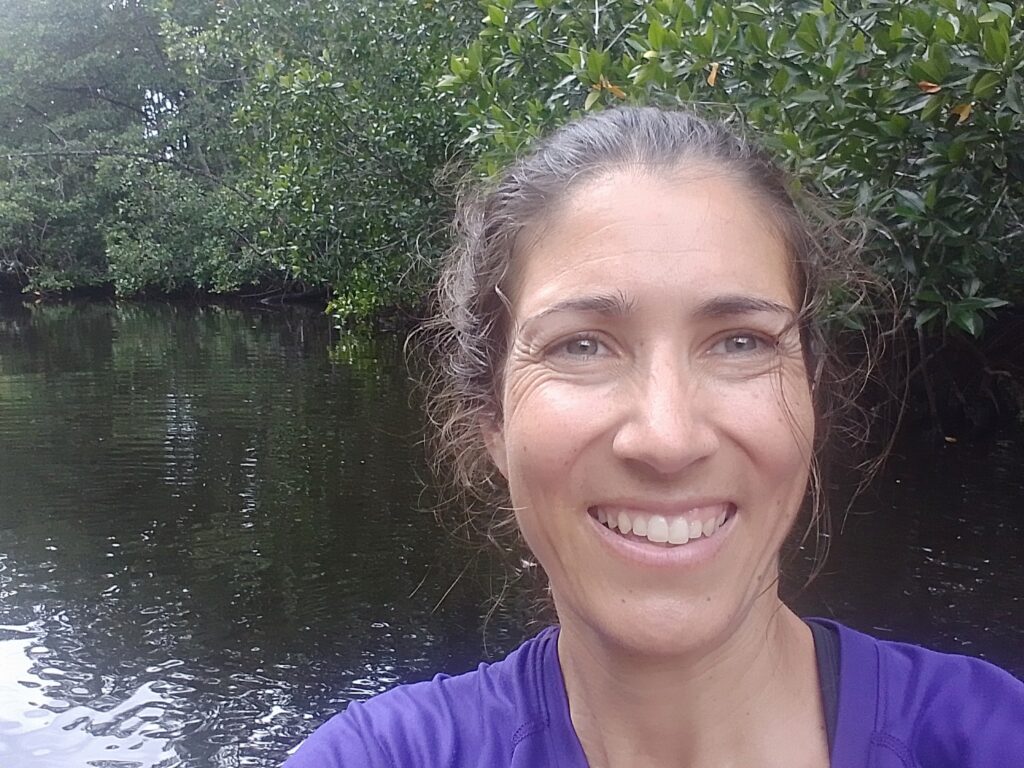Dienstag, 7. Mai 2024, 18:30 Uhr
im NIG Hörsaal A, 4. Stock, Universitätsstraße 7, 1010 Wien
Vortrag von MA. PhD Heide Bruckner

Foto: MA. PhD Heide Bruckner
Pacific Island communities are facing rapid changes to their food systems in the context of globalization, environmental degradation and climate change. While in urban areas, residents are undergoing a nutrition transition, in rural environments, concerns are being raised as to how best promote traditional food systems that are nutritious and sustainable. Mangrove forests are part of biodiverse food environments that support rural communities in the Pacific, but they are often overlooked in food system research because they occur between sea and land, and because gleaning mollusks and invertebrates from mangroves are considered mere ‘subsistence’ practices carried out by women. In this talk, I engage with feminist political ecology to discuss empirical fieldwork from mangrove-adjacent communities in the Solomon Islands. I highlight the socio-ecological importance of mangrove foodscapes, along with the gendered and generational aspects of how environmental and food system change are experienced by community members in Marovo Lagoon. While conservationists are increasingly interested in the potential of mangroves for carbon sequestration, there is a critical need to engage with mangroves‘ social, cultural and gendered aspects to ensure intertwined goals of gender equality, community food security and biodiversity are met.
MA. PhD Heide Bruckner is a postdoctoral research at the Department of Geography and Regional Sciences at the University of Graz, Austria. Her research engages feminist political ecology to understand multi-scalar, emotional, and embodied aspects of food system change, both in the global North and global South. She is currently a research collaborator in the EU Horizon Project ‚FALAH‘ (2021-2025) on Family Farming, Lifestyle and Health in the Pacific.